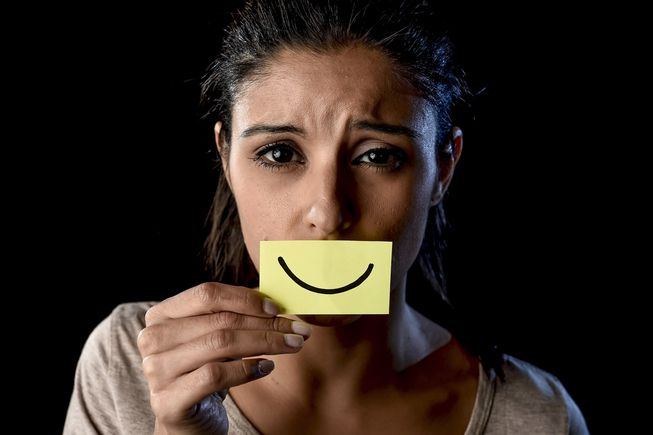


Happiness, pleasure, satisfaction, success, joy and bliss! It is too many terms? Abstract? No! Why abstract? Happiness, it is, the most popular one, and so damn measurable! Don’t believe it? You should! The reports are out there, in the public domain, giving us an understanding of how happy each country is!
Happiness, is it a state of mind? Most ancient scriptures depict, happiness exists within us, and it cannot be influenced by the external factors. So as children, we heard our parents teaching us, ‘a poor family with very little facilities can be far happier than a rich family having all the luxuries of life’. And then, in schools, perhaps we heard from our teachers, ‘happiness is the meaning and purpose of life’, the words of Aristotle. He truly meant, happiness consists of achieving, through the course of a whole lifetime, all the goods — health, wealth, knowledge, friends, etc. — that lead to the perfection of human nature and to the enrichment of human life. But that is not what it is today, happiness is very much in short supply. As early as 18th century, the Americans converted it into a right, ‘the inalienable right to pursue it, along with life and liberty’ as is enshrined in their Declaration of Independence. Ages ago, the gods granted worthy Egyptians happiness in the form of the Four Kas: life, children, wealth, and proper burial. Philosophers and thinkers, from antiquity have been penning about it in their books and treatises. But in recent years, we see a resurgence in demanding and working for one’s own well-being, an approach amongst academicians, policymakers, and civil society.
But how connected and real is this dimension of happiness with the well-being. If we were to ask someone, ‘how happy did you feel yesterday’, we are only asking about that very day or duration. And if we were to ask someone, ‘how happy are you, with your life as a whole?’ Isn’t that a little subjective question? Yes, perhaps, and that is why, the new-age management maxim clearly reflects, “you can’t manage what you don’t measure.” So, it stands true for happiness also, if you want it, you need to measure it.
While modern psychology describes happiness as subjective wellbeing, or “people’s evaluations of their lives and encompasses both cognitive judgments of satisfaction and affective appraisals of moods and emotions”, it has ended up in developing scales of measurement, interestingly a 10-item Scale measuring Subjective Fluctuating Happiness (SFHS) and a 13-item scale assessing Subjective Authentic–Durable Happiness (SA–DHS).
Despite all this evolution, we the common people, continue with our expression, ‘happiness cannot be defined’, ‘it is immeasurable’. The most cliched is: it is not the same for all, what makes me happy may not necessarily make you happy! At the end of the day, all the measurement is through self-reporting. So, is it the riches, the likes and the hits on social media, or the sense of gratitude, what really brings happiness, is indeed a million-dollar question!

Dr Benazir Patil is a prolific author, CEO of Society of
Community Health Oriented Operational Links) India.